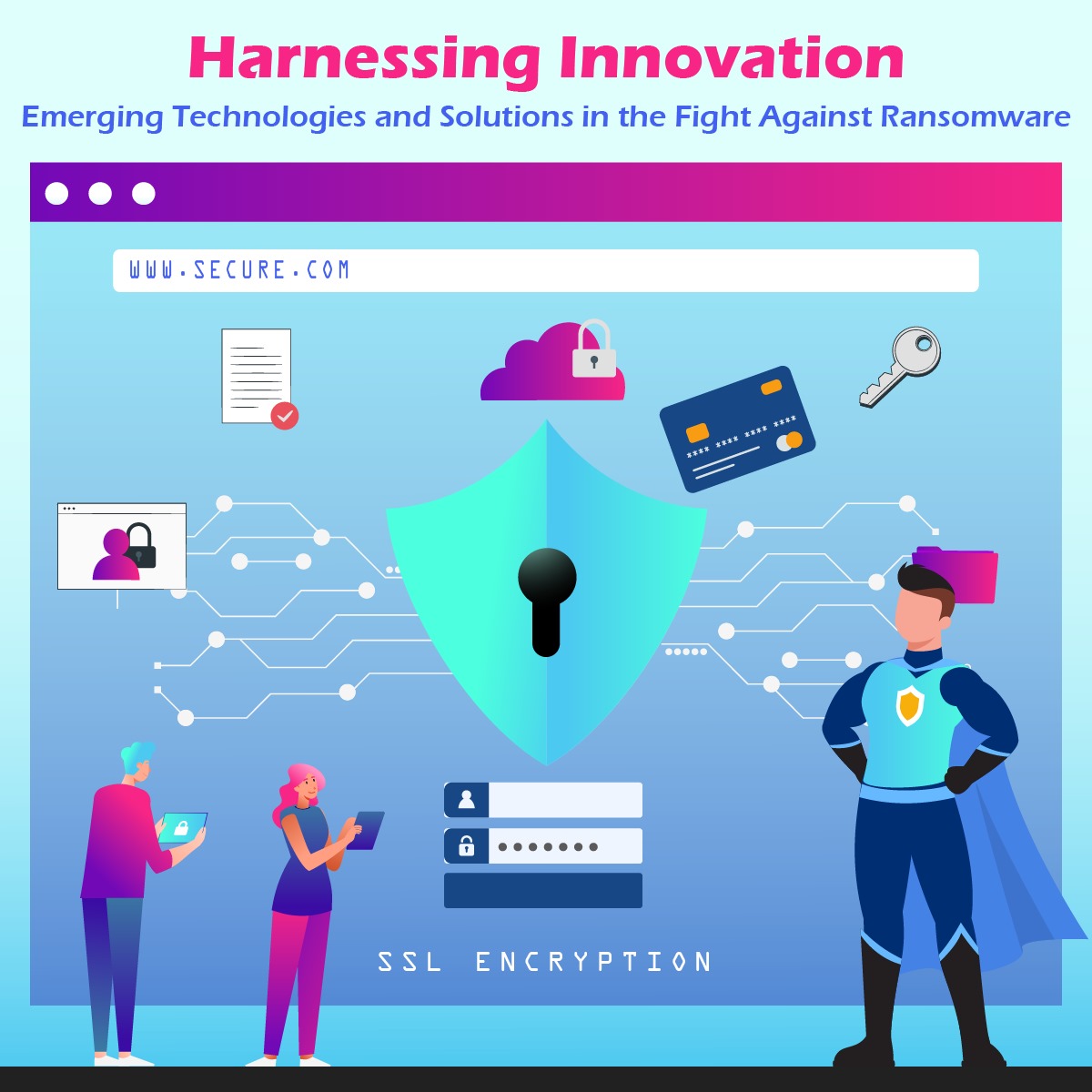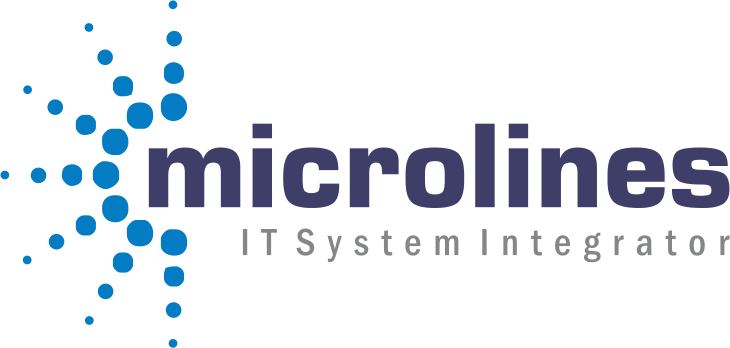
In the ongoing battle against ransomware, organizations are continually seeking innovative technologies and solutions to enhance their cybersecurity defenses and protect against evolving threats. From advanced detection and response capabilities to encryption technologies and decentralized storage solutions, a wide range of emerging technologies are being leveraged to combat ransomware attacks. Let’s explore some of the cutting-edge technologies and solutions that are shaping the future of ransomware defense.
1. Behavior-Based Threat Detection
Behavior-based threat detection solutions use machine learning algorithms to analyze patterns of behavior across networks and endpoints, enabling organizations to detect and respond to ransomware attacks in real-time. By monitoring for anomalous behavior and deviations from normal network activity, these solutions can identify and block ransomware threats before they can cause damage or encryption of critical data.
2. Deception Technology
Deception technology involves the deployment of decoy assets and baited traps throughout the network to lure and deceive attackers. These decoys mimic legitimate systems, applications, and data, enticing attackers to interact with them and revealing their presence and tactics. Deception technology can help organizations detect and mitigate ransomware attacks early in the kill chain, minimizing the impact on critical assets and data.
3. Secure Encryption and Key Management
Secure encryption and key management solutions play a crucial role in protecting data against ransomware attacks. By encrypting sensitive data at rest and in transit, organizations can ensure that even if data is compromised or stolen, it remains inaccessible to unauthorized parties. Additionally, robust key management practices help safeguard encryption keys and prevent unauthorized access to encrypted data, enhancing overall data security and resilience against ransomware threats.
4. Decentralized Storage and Backup Solutions
Decentralized storage and backup solutions leverage distributed ledger technology (DLT) and blockchain principles to create immutable, tamper-proof data repositories. By decentralizing data storage and eliminating single points of failure, these solutions enhance data resilience and protect against ransomware attacks that target centralized backup systems. Decentralized storage solutions also enable organizations to maintain control over their data and mitigate the risk of data loss or corruption due to ransomware attacks.
5. AI-Powered Threat Intelligence Platforms
AI-powered threat intelligence platforms leverage machine learning and artificial intelligence algorithms to analyze vast amounts of data and identify emerging threats and attack patterns. By correlating threat intelligence from multiple sources and applying advanced analytics techniques, these platforms provide organizations with actionable insights into ransomware threats and enable proactive threat detection and response. AI-powered threat intelligence platforms empower organizations to stay one step ahead of ransomware attackers and protect against emerging threats effectively.
6. Zero Trust Security Architecture
Zero trust security architecture adopts a “never trust, always verify” approach to cybersecurity, requiring continuous authentication and authorization for all users, devices, and applications accessing the network. By implementing strict access controls, micro-segmentation, and least privilege principles, zero trust security architecture helps prevent lateral movement and limit the impact of ransomware attacks. Zero trust security architecture also enables organizations to detect and respond to ransomware threats in real-time, minimizing the risk of data loss and disruption.
Embracing Innovation for Ransomware Defense
In conclusion, emerging technologies and solutions offer organizations powerful tools and capabilities to strengthen their defenses against ransomware attacks. By harnessing the power of behavior-based threat detection, deception technology, secure encryption and key management, decentralized storage and backup solutions, AI-powered threat intelligence platforms, and zero trust security architecture, organizations can enhance their cybersecurity posture and protect against ransomware threats effectively. As ransomware attacks continue to evolve and escalate in complexity, embracing innovation and staying ahead of the curve are essential for organizations looking to defend against this ever-present threat.
